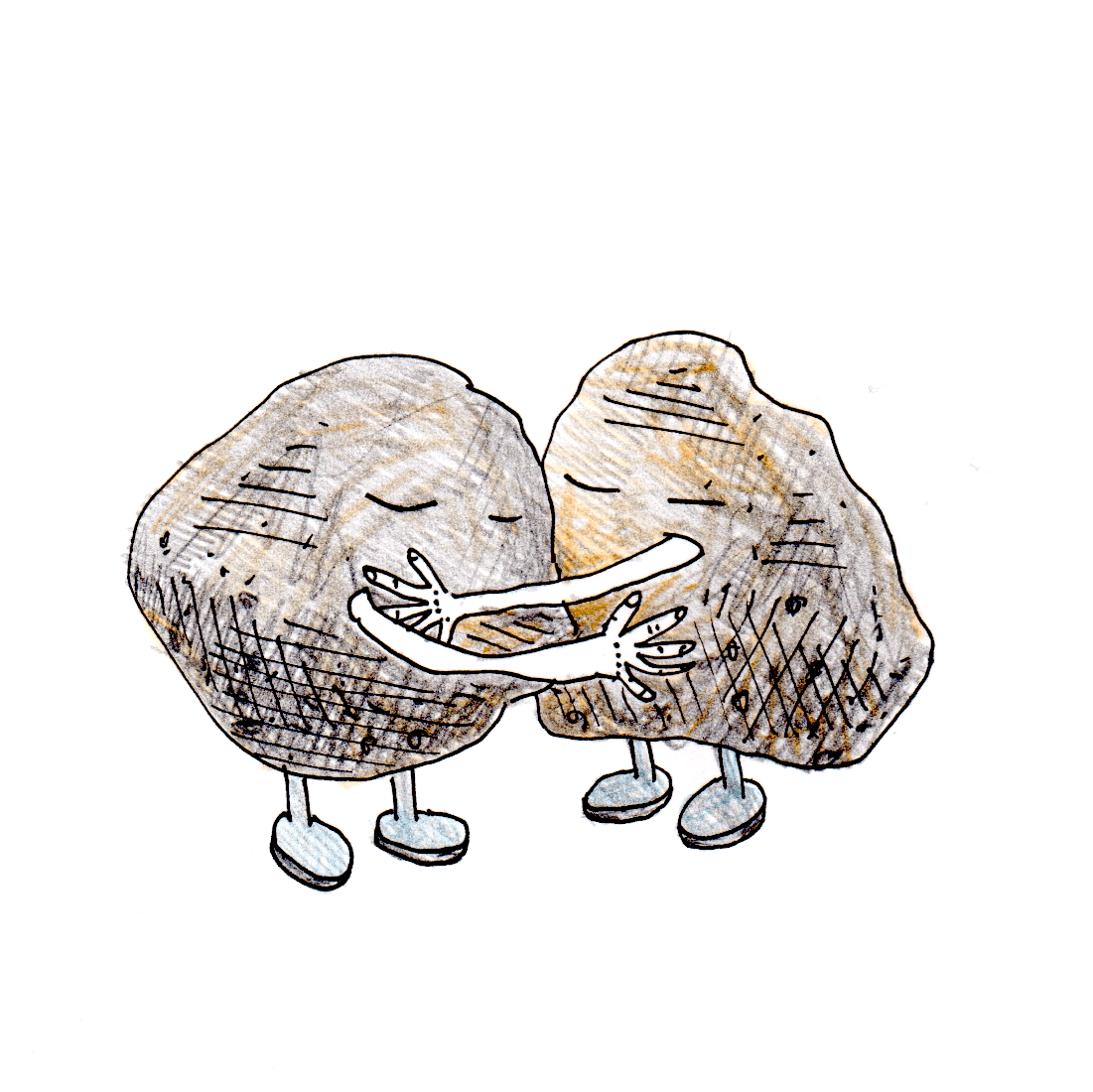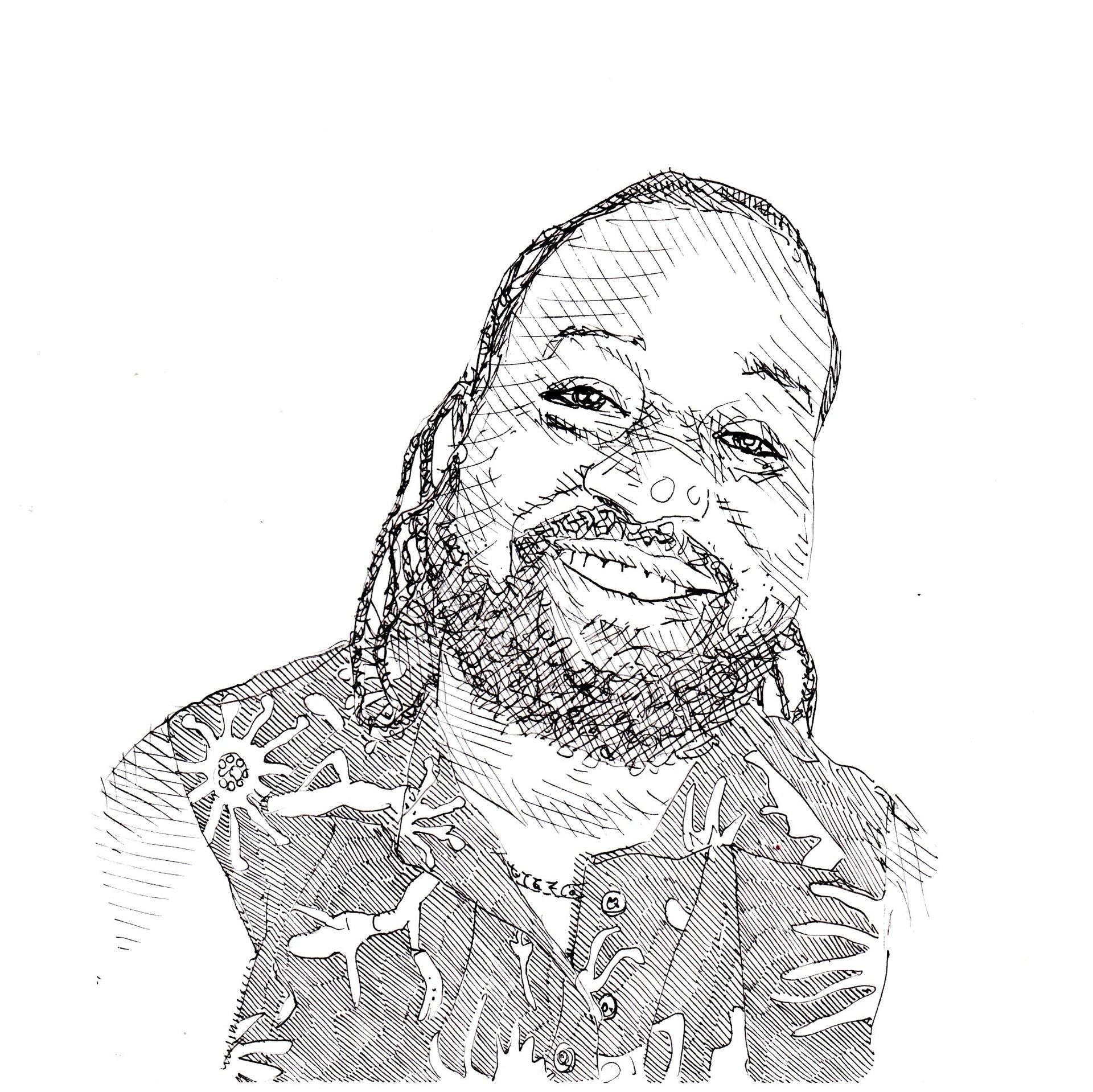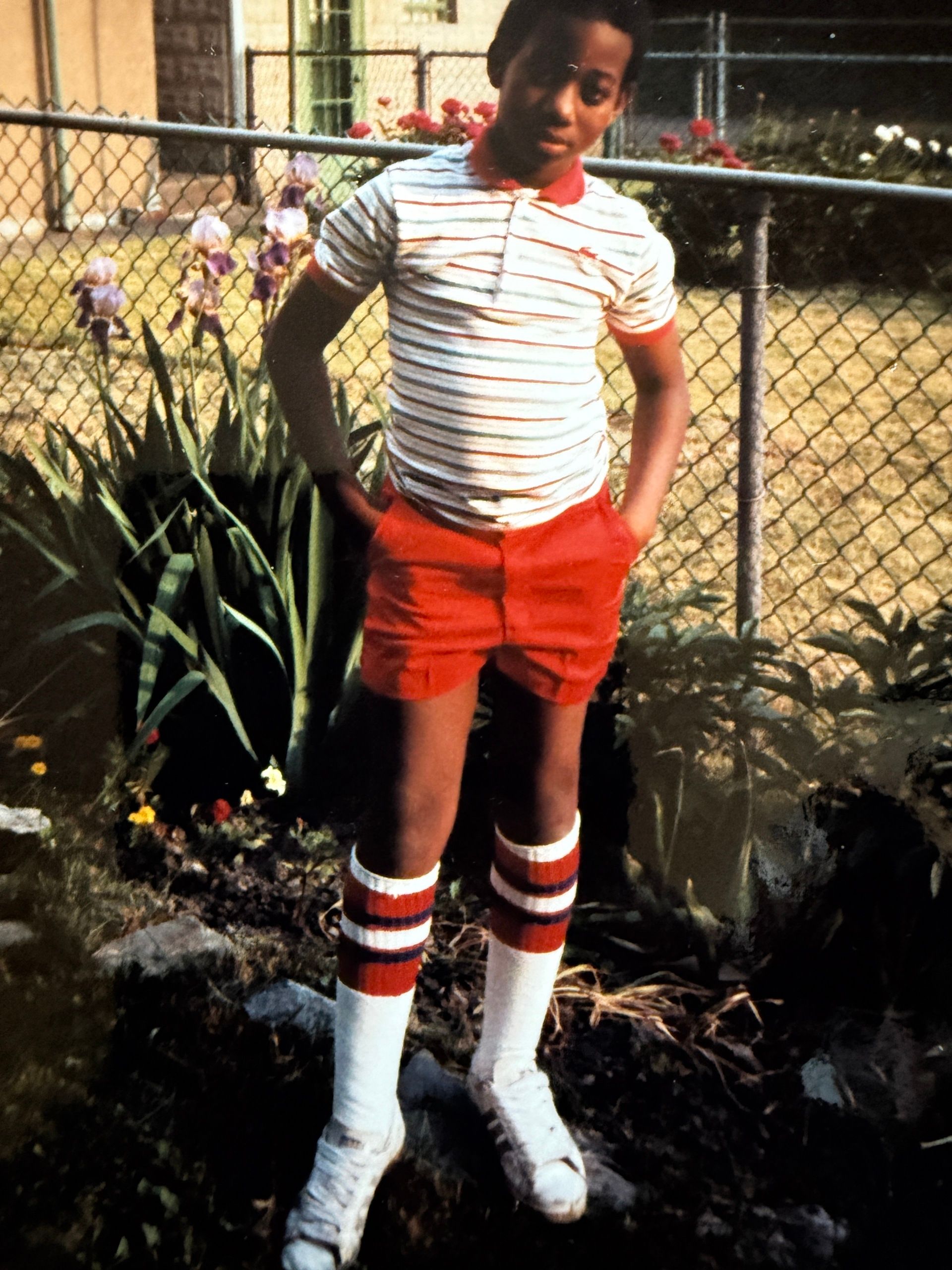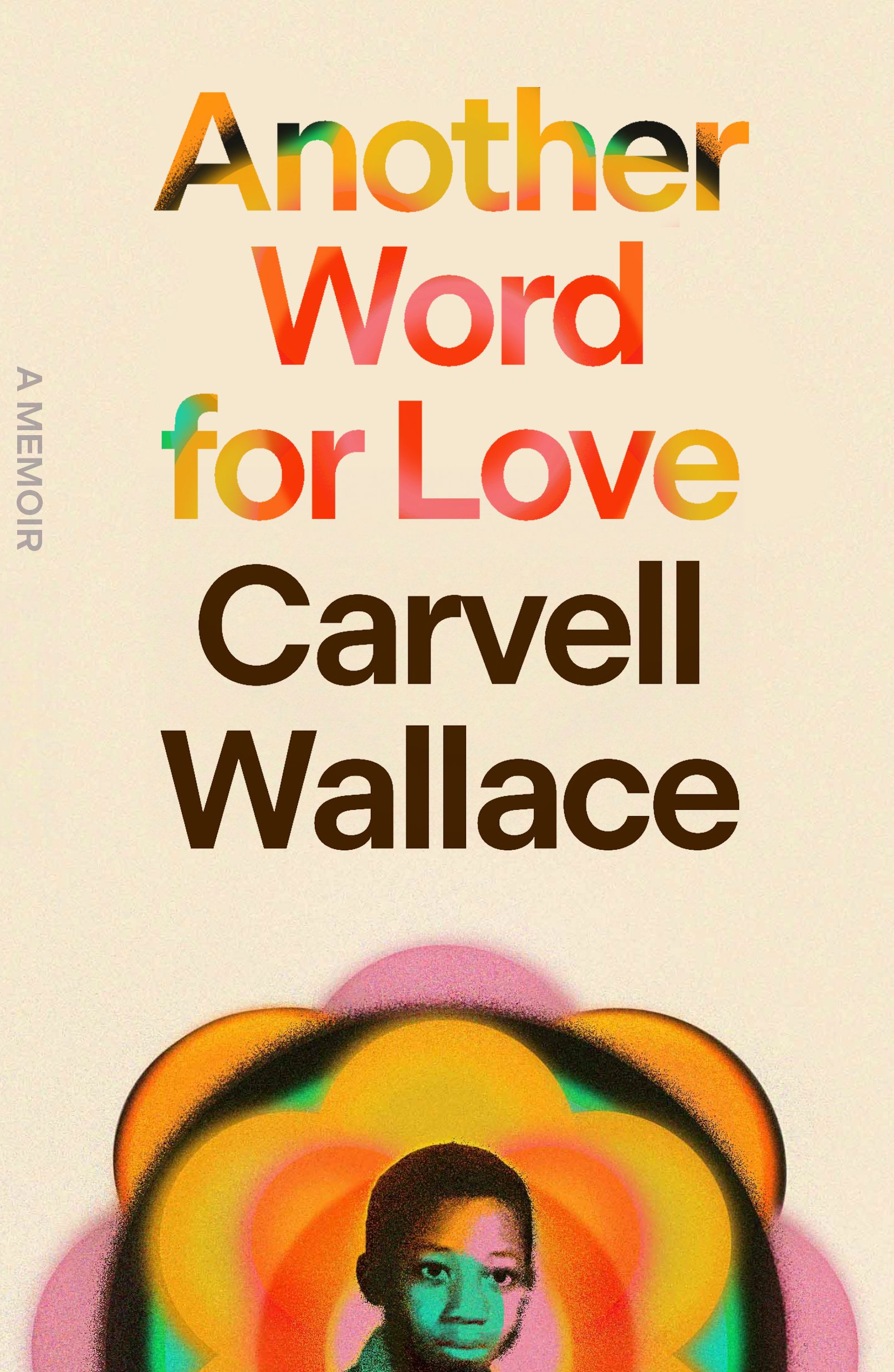
Good morning. It’s the third Tuesday of the month so it’s time for another batch of wisdom from a notable Sober Oldster. Today’s guest is writer and podcaster Carvell Wallace.
Thanks again to Sari Botton from Oldster for the collaboration. —TSB Editor

How old are you, and how long have you been in recovery?
I am 51 years old. I have been in recovery for 15 years, since July 6th 2010.
How did you get there?
Haha. Painfully. I drank and used to the point that it became clear — even to me who was in aggressive denial — that if I kept it up, I was going to be locked up or in a casket very very soon. I had seen family members die from addiction and I thought I had some secret plan to never go out that way. But once I realized that this plan was without merit, that the only way I could get my life back was to quit totally, then it was kind of a no-brainer.
In October it was my birthday and I met my 20-year-old daughter in New York City for dinner, and she took me back to her apartment in Brooklyn so we could play Mario Kart. She had a toddler picture of her brother on her wall, and I was overwhelmed with gratitude and love, thinking about these truly wonderful children that the universe just gave to me, and thinking about how I could have ruined these relationships beyond repair had I not gotten sober.
What are the best things about being in recovery?
The recovery itself is the secret gift; the understanding that recovery from anything is possible if you’re willing to face it, ask for help, take the help, and deal with whatever is within you that is keeping you from doing that. Knowing this means I don’t have to be in fear of anything happening, because I now know that I can recover from anything, and I know how to. This doesn’t mean I don’t experience fear. It just means I don’t have to.But that’s the main thing. There are so many other things I love about being in recovery: the fellowship, the belonging, the fact that I’m surrounded by people who have been through the worst possible consequences and so I don’t have to hide anything I’m ashamed of. I can admit it, face it, and get help with it. As a result, I can look the world in the eye.
The fact that I now have a spiritual life that I am committed to because my life depends on it. That desperation is a gift because it keeps me pointed in the right direction. The realization that all the painful things I have been through are the exact reason I can help someone else who is suffering. The fact that I can be of service to others. The fact that I get to experience gratitude every single day for thousands of little things, even as the world looks like a shitshow around me. The fact that I can love myself which means I can love you. The fact that I know how to live now, and I didn’t used to know how to live. That’s why I drank, because I didn’t know how to live.

What’s hard about being in recovery?
I don’t know that there’s much for me that’s hard about sobriety that isn’t just what’s hard about life in general. Like, life is still hard for sure, I am just better at dealing with it and recovering from hard things.
One thing is I don’t always want to do the honest work that is necessary to maintain not only physical sobriety but spiritual and emotional sobriety. Like integrity being mandatory for me kind of sucks sometimes, because it seems like there’s so much money to be made in lacking integrity.
Another is that I sometimes find myself in close relationship with people who have a difficult time with the fact that I put my sobriety first. Which, actually, I really understand from their perspective. But I don’t think they really grasp that the way I’m set up, if I don’t do that, I truly will squander every gift, every relationship, every blessing I have. I know this one fact better than I know almost anything. So, it’s not really a choice for me.
Everything I put in front of my sobriety I will eventually lose. Painfully. I have tried to partner and join lives with people who aren’t quite down with that, and it’s hurt a lot for both of us. I hate that. I truly do. It has broken my heart.
I drank and used to the point that it became clear — even to me who was in aggressive denial — that if I kept it up, I was going to be locked up or in a casket very very soon. I had seen family members die from addiction and I thought I had some secret plan to never go out that way. But once I realized that this plan was without merit, that the only way I could get my life back was to quit totally, then it was kind of a no-brainer.
How has your character changed? What’s better about you?
I’m limited in how I can answer that because I don’t have perfect perspective on myself. I do know that I value honesty as a core principle that I try to practice in all of my worldly affairs, and I didn’t used to be that way. I used to sort of “strategically” use truth and untruth to get the outcomes I personally wanted. I found that literally didn’t work. It made me hate myself, made it hard to get out of bed in the morning.
Now I’m honest even when no one is looking, even when no one will catch me. And when I’m not, when I find myself trying to self-preserve by telling half-truths, I consider it a matter of life or death to go and clean that up, make amends, pray for clarity and release from my own fear and ego. I suspect that makes me better? But I can’t really know for sure. You’d have to ask people who know me.
What do you still need to work on? What “character defects” do you still wrestle with?
One of the best things about working on yourself is that you’re never going to be out of a job with that. I get to work on stuff for the rest of my life, and I still won’t be done. This gives me some sense of relaxation. Like I don’t have to become perfect. I just have to get up every day and do the work to get better.
Anyway, not to duck the question. In no particular order:
1. I’m a people pleaser.
2. Some part of me is obsessed with being liked and applauded and wanted and I’m always catching little stupid resentments when someone seems to be more applauded, liked, and wanted than me. It’s truly one of the goofiest things about me.
3. I still have a generally addictive personality, which can be boiled down to: my meter that tells me what is “enough” is broken. I never know what’s enough. What’s enough sleep, what’s enough work, what’s enough money or food or sex. Sometimes I go days without things I need because I’m so locked in hyperfocus on some other thing, usually work. Sometimes exercise, sometimes binging TV shows, sometimes smoking cigarettes and reading, sometimes texting with a new crush. I just get carried away. I need a lot of outside help to carry me back.
4. I still self-sabotage a bit and underachieve. I still tell myself that I can’t do things that I clearly can do.
5. I have a lot of fear. Like I wake up sometimes with my heart beating like there’s a tiger in my room. For no apparent reason.
6. I can be avoidant. I hate confrontation and difficult conversations (see items 1 and 2) so sometimes in my life problems can fester in a way they wouldn’t have if I had just dealt with them earlier.
7. Some more things that I probably don’t know about yet, but will find out soon.
8. Oh yeah, I like to isolate. I just remembered that one.
I don’t always want to do the honest work that is necessary to maintain not only physical sobriety but spiritual and emotional sobriety. Like integrity being mandatory for me kind of sucks sometimes, because it seems like there’s so much money to be made in lacking integrity.
What’s the best recovery memoir you’ve ever read? Tell us what you liked about it.
I don’t read a lot of recovery memoirs. Not sure why. I think it’s hard for writers to write about their personal recovery without slipping into performance, into self-aggrandizing. Maybe for this reason I’m more geared toward fiction.
I am currently re-reading Song of Solomon which I consider a recovery book. The main character has to find his true self after a lifetime of being a passive (and self-absorbed) cipher that people project their needs and wants on. I’m always interested in that question: How do we become whole, liberated humans again after everything that happens to us? How do we get our spiritual selves back.

What are some memorable sober moments?
Every day I have a memorable sober moment for sure. Remembering moments is my favorite way of being alive. My whole memoir is ultimately about that, I think.
In October it was my birthday and I met my 20-year-old daughter in New York City for dinner and she took me back to her apartment in Brooklyn so we could play Mario Kart. She had a toddler picture of her brother on her wall, and I was overwhelmed with gratitude and love, thinking about these truly wonderful children that the universe just gave to me, and thinking about how I could have ruined these relationships beyond repair had I not gotten sober.
Yesterday I went hiking with a friend and we got tired and sat on a bench and looked over the hills and made jokes and I felt a well of gratitude for my life.
I have so much kale and chard and cilantro to harvest in my garden that I don’t even know what to do with all of it.
When my kids were little and I was a divorced dad, I used to take them to this Twelve-Step meeting that was outside because I had a volunteer commitment there and I couldn’t miss it. The commitment was during the winter months where it rains a lot in Northern California so the meeting was under a tarp between two trees in a park and we were cold and a little wet, and the kids would sit on my lap and drink hot chocolate. I often think that was the winter I truly got sobriety because I learned how to put sobriety first. I learned how to have allegiance to something other than what I personally wanted. I learned that I can get the life I want by sometimes doing what I don’t want. I held my kids, and I realized in a new and meaningful way that I was not alone.
I sometimes find myself in close relationships with people who have a difficult time with the fact that I put my sobriety first. Which, actually, I really understand from their perspective. But I don’t think they really grasp that the way I’m set up, if I don’t do that, I truly will squander every gift, every relationship, every blessing I have. I know this one fact better than I know almost anything. So, it’s not really a choice for me.
Are you in therapy? On meds? Tell us about that.
I am currently not on meds. I have prescriptions for depression and ADHD meds, but I truly don’t like the way either of those meds make me feel right now. But in the past, they have saved my life. When I was in a darker place, the depression meds saved my life, full stop. And if it ever gets bad again, I know what to do.
I have been in and out of therapy for most of my sobriety and I’m a big fan. I find personally that talk therapy produces diminishing returns after a certain point, so now I’m in the market for a somatic therapist. Like let’s go deeper, girl. I’m trying to get in there.

What sort of activities or groups do you participate in to help your recovery? (i.e. swimming, 12-step, meditation, et cetera)
Twelve-Step for sure and everything that goes with that: group meetings, one-on-one meetings, volunteer commitments, conferences. I try to stay in the middle of the boat, so I don’t accidentally fall overboard when no one’s looking.
I’m in a sober Artists Way study group which honestly has been life-altering for me. I can’t exactly explain why, but it’s fast becoming maybe my favorite thing I’ve ever done in sobriety.
I journal frequently and meditate less frequently. I’m about to join a queer Pilates group. I swear to god I am. I’m putting it here for accountability lmao. If you’re reading this, DM me in a month on Instagram and see if I did it, and if I didn’t, you have my permission to harass me. (Gently, though. I’m still a sensitive flower.)
I’m in a sober Artists Way study group which honestly has been life-altering for me. I can’t exactly explain why, but it’s fast becoming maybe my favorite thing I’ve ever done in sobriety.
Are there any questions we haven’t asked you that you think we should add to this? And would you like to answer it?
You probably should have asked me how god and spirituality figure into my recovery, and you maybe should have asked me what I’m ashamed of still. And no I would not like to answer either. Thank you.
**********************************************************************
Carvell Wallace is a writer and podcaster who covers race, art, culture, film, and music for a wide variety of news outlets. He has written profiles for GQ, Esquire, Glamour, The New Yorker, and The New York Times. His podcasts include Closer Than They Appear, which explores race and identity in America, and Finding Fred, which focuses on Fred Rogers’s teachings and their application against systems of oppression. In 2019, Wallace co-authored The Sixth Man with Andre Iguodala, the Golden State Warriors forward. Another Word for Love is Wallace’s first memoir. He lives in Oakland, California.
******
This monthly interview series is a collaboration between Oldster Magazine and The Small Bow.
This is The Small Bow newsletter. It is mainly written and edited by A.J. Daulerio. And Edith Zimmerman always illustrates it. We need your support to keep going and growing.
We send it out every Tuesday and Friday. For $7 a month or $60 per year, you also get a Sunday issue and access to the complete TSB archives.
If the cost of a subscription is prohibitive, email us: [email protected] and I’ll hook you up. You can also email me there if you’d like to learn more about our recovery meetings.
Also, follow us on Instagram for updates and more illustrations from Edith. You can also support Edith directly!
